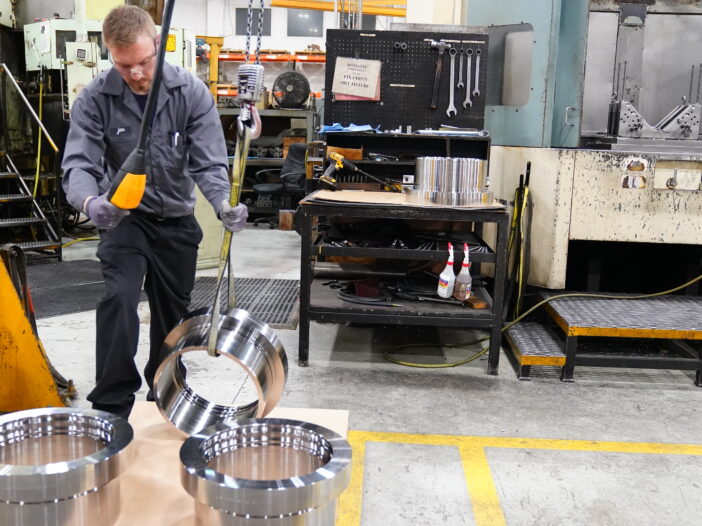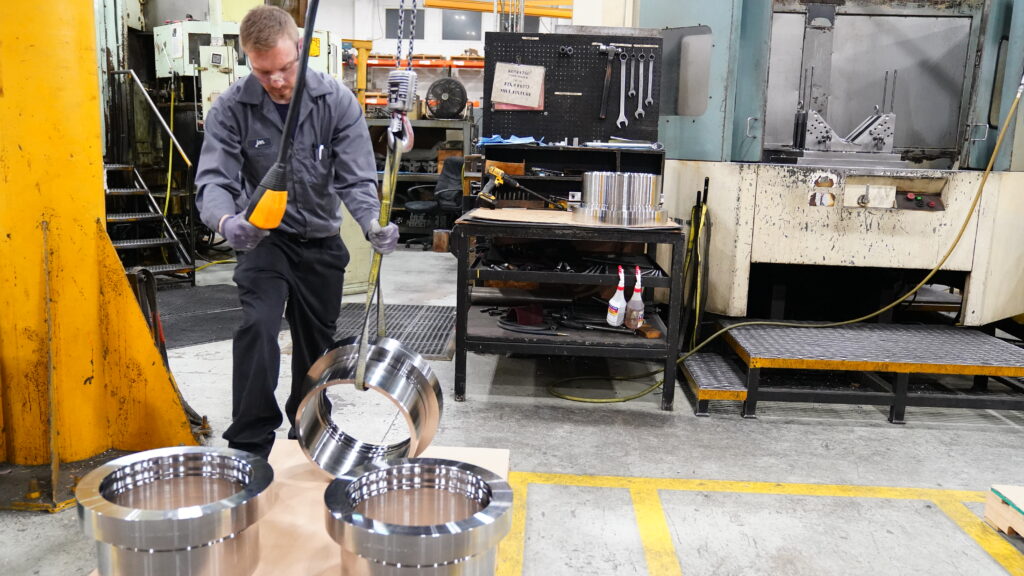
In the world of manufacturing, audits play a vital role in ensuring quality, safety, and compliance. Whether it’s a food manufacturing facility or a production plant, regular audits are necessary to maintain high standards and meet regulatory requirements.
In this article, we’ll explore the importance of audits in manufacturing and how they contribute to the success of a company.
What is a Manufacturing Audit?
A manufacturing audit is a systematic and independent examination of a company’s manufacturing processes, procedures, and systems. It is conducted to evaluate the effectiveness and efficiency of these processes and identify areas for improvement.
Manufacturing audits can cover a wide range of areas, including quality control, safety protocols, compliance with regulations, and overall operational efficiency. They can be conducted by internal teams or by third-party auditors.
Types of Manufacturing Audits
There are several types of manufacturing audits, each with its own purpose and focus. Some common types of manufacturing audits include:
- Quality audits: These audits focus on the quality control processes and procedures in place to ensure that products meet the required standards.
- Safety audits: These audits assess the safety protocols and procedures in place to protect employees and prevent accidents.
- Compliance audits: These audits ensure that a company is following all relevant laws and regulations in its manufacturing processes.
- Operational audits: These audits evaluate the efficiency and effectiveness of a company’s manufacturing operations.
The Importance of Audits in Manufacturing
Audits play a crucial role in the success of a manufacturing company. Here are some key reasons why audits are important in manufacturing:
Ensuring Quality and Consistency

by Tool., Inc
One of the primary reasons for conducting audits in manufacturing is to ensure that products meet the required quality standards. Quality audits help identify any issues or defects in the manufacturing process and allow for corrective action to be taken.
By regularly conducting quality audits, companies can maintain consistency in their products and ensure that customers receive high-quality goods every time.
Meeting Regulatory Requirements
Manufacturing companies are subject to various regulations and standards, depending on the industry they operate in. Audits help ensure that a company is complying with these regulations and standards, avoiding any penalties or legal issues.
For example, food manufacturing facilities are subject to strict regulations to ensure food safety. Regular audits help these companies stay in compliance and maintain the trust of consumers.
Identifying Areas for Improvement
Audits provide an opportunity for companies to identify areas for improvement in their manufacturing processes. By evaluating current procedures and systems, companies can identify inefficiencies and make necessary changes to improve overall operations.
This practice can lead to cost savings, increased efficiency, and improved product quality, all of which contribute to the success of a company.
Ensuring Employee Safety

Safety audits are crucial in manufacturing to ensure the well-being of employees. By regularly evaluating safety protocols and procedures, companies can identify any potential hazards and take corrective action to prevent accidents and injuries.
This not only protects employees but also helps maintain a positive work environment and reduces the risk of costly lawsuits.
Best Practices for Conducting Manufacturing Audits
To ensure the effectiveness of manufacturing audits, it’s important to follow best practices. Here are some tips for conducting successful manufacturing audits:
Plan Ahead
Before conducting an audit, it’s important to have a clear plan in place. This includes identifying the scope of the audit, the areas to be evaluated, and the timeline for completion.
A well-defined plan will help ensure that the audit is thorough and efficient.
Use Technology

by Luca Bravo
Technology can play a significant role in streamlining the audit process. Using software or tools specifically designed for manufacturing audits can help automate tasks, improve data collection and analysis, and provide real-time insights.
This can save time and resources and improve the overall effectiveness of the audit.
Involve All Stakeholders
Audits should not be conducted in isolation. It’s important to involve all relevant stakeholders, including employees, managers, and third-party auditors.
This ensures that all perspectives are considered and that any identified issues are addressed by the appropriate parties.
Follow Up on Findings
The purpose of an audit is not just to identify issues but also to take corrective action. It’s important to follow up on any findings and ensure that necessary changes are made to improve processes and procedures.
This will help maintain the effectiveness of the audit and contribute to the overall success of the company.
Real-World Examples of Manufacturing Audits
Let’s take a look at some real-world examples of how manufacturing audits have helped companies improve their operations and achieve success.
Nestlé
Nestlé, one of the world’s largest food and beverage companies, conducts regular audits of its manufacturing facilities to ensure compliance with food safety regulations.
By implementing a robust audit program, Nestlé has been able to maintain high standards of food safety and quality, ensuring the trust of its customers and regulators.
Toyota

by Phill Dane
Toyota, a leading automotive manufacturer, conducts regular audits of its production plants to ensure quality and efficiency. These audits have helped Toyota identify areas for improvement and implement changes that have led to increased productivity and cost savings.
Coca-Cola
Coca-Cola, a global leader in the beverage industry, conducts regular safety audits to ensure the well-being of its employees. These audits have helped Coca-Cola maintain a safe work environment and reduce the risk of accidents and injuries.
Who is Responsible for Conducting Manufacturing Audits?

by Randy Fath
The responsibility for conducting manufacturing audits typically falls on the quality control or compliance team within a company. However, it’s important for all employees to be involved in the audit process and take ownership of maintaining high standards.
Conclusion
In conclusion, audits play a vital role in the success of manufacturing companies. By ensuring quality, compliance, and efficiency, audits contribute to the overall success of a company and help maintain the trust of customers and regulators.
By following best practices and using technology, companies can conduct effective audits and continuously improve their manufacturing processes.




